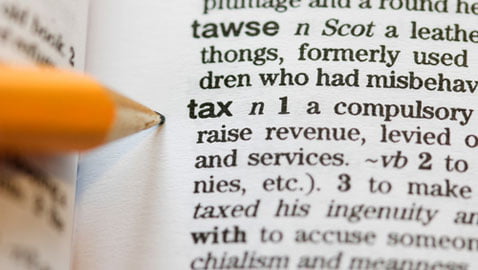23% of all higher rate taxpayers could be collectively missing out on over £1 billion in tax relief each year because they do not contribute to a pension, according to new research from Prudential.
According to HMRC data there were approximately 4.4 million higher rate taxpayers in the tax year 2013-14. Prudential’s research indicates that one million of them are not contributing to any pension scheme.
Based on the average annual earnings of a higher rate taxpayer of £50,200, making pension contributions of five per cent would reduce their annual tax bill by around £1,000. In many cases they could also benefit from additional employer contributions to a pension scheme.
The actual total amount of unclaimed tax relief could be even higher than this. Of those higher rate taxpayers who do contribute to a pension, 23% are unsure whether they reclaim the full tax relief on their pension contributions that they are entitled to.
While members of occupational pension schemes receive basic and higher rate tax relief automatically through their payroll, members of personal pension schemes, including GPPs (Group Personal Pension Schemes), SIPPs (Self Invested Personal Pensions) and stakeholder pensions, only receive basic rate 20% tax relief automatically. Higher rate taxpayers who are members of these schemes have to claim the additional relief themselves, through their annual tax return or by informing HMRC.
A typical higher rate taxpayer who fails to claim this additional 20% relief would effectively be surrendering £500 to the taxman, assuming typical earnings of £50,200 and contributions of 5%.
Overall, HMRC figures suggest the total tax liabilities for higher rate taxpayers is £62.7 billion a year, equating to an average tax bill of £14,3002.
Clare Moffat, a tax specialist at Prudential, said: “Many people go to great lengths to make everyday household savings that could amount to only a few pounds. While that is not insignificant, they could bank many hundreds of pounds a year simply by fully utilising the tax relief available on certain pension contributions.
“With an annual average of £1,000 in tax relief available to higher rate taxpayers, it makes sense for people to maximise their contributions and make sure they’re getting all the relief they are due. Additionally, those who make regular pension contributions will potentially receive valuable employer contributions and therefore benefit from an even greater boost to the eventual value of their retirement pot.
“Substantial numbers of higher rate taxpayers are potentially failing to reclaim some or all of the full relief they are entitled to. For example, many higher rate taxpayers are now subject to the child benefit tax charge which increases the amount of tax payable, but it also means that the amount of tax relief available increases.”
















